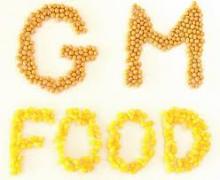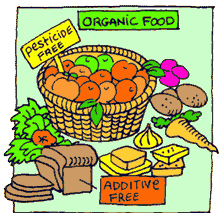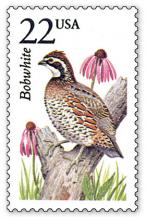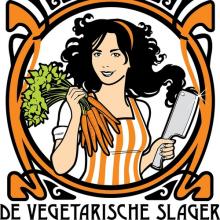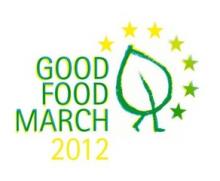Russia has suspended the import and use of an American GM corn
Russia has suspended the import and use of an American GM corn following a study suggesting a link to breast cancer and organ damage. Separately, the European Food Safety Authority(EFSA), has ordered its own review in to the research, which was conducted at a French university. The decision by Russia could be followed by other nations in what would be a severe blow to the take-up of the controversial technology.

